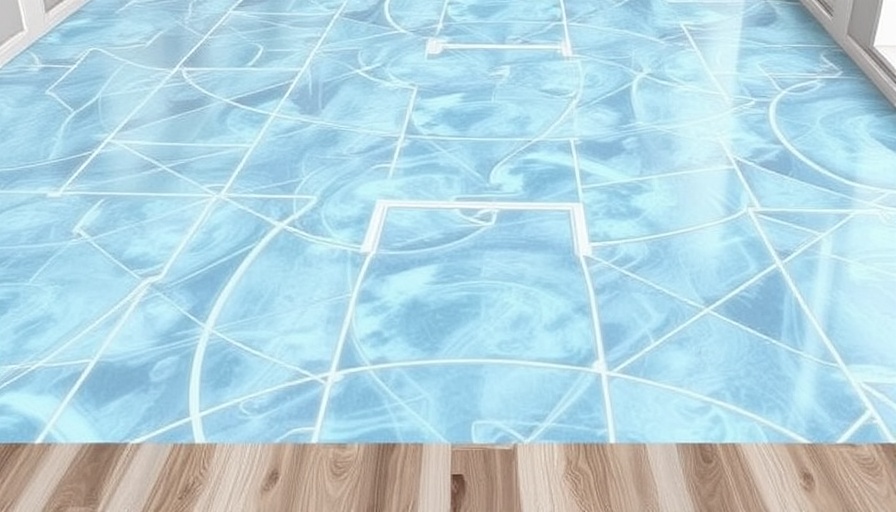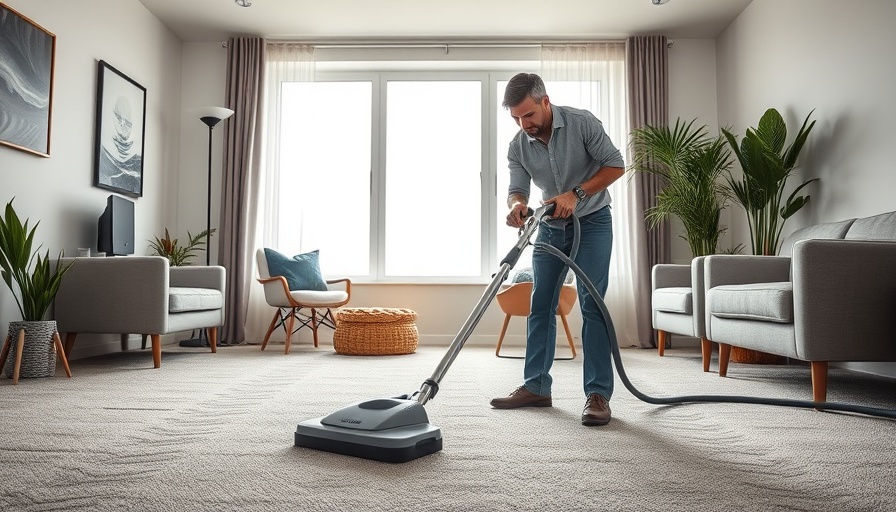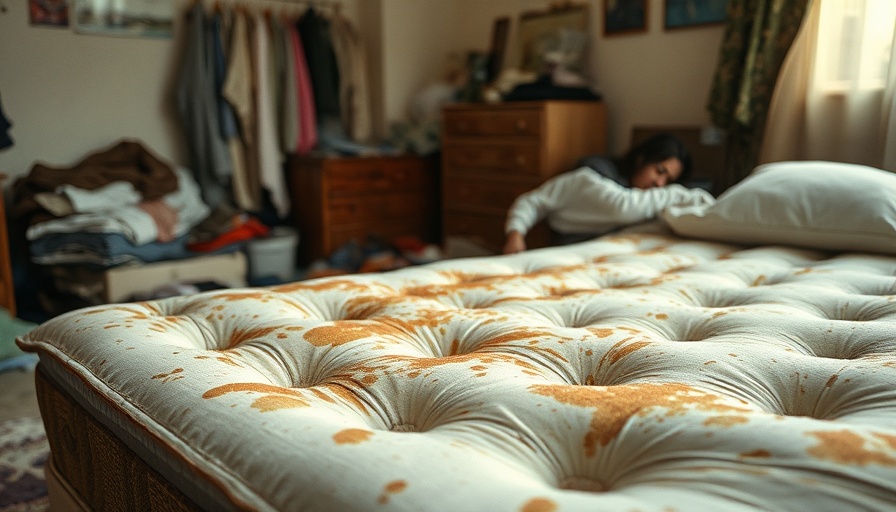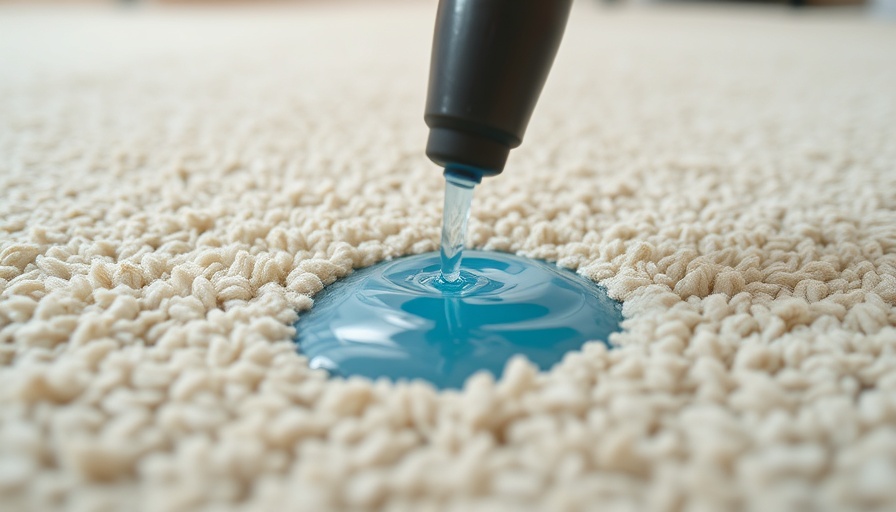
Understanding the Reality of Waterproof Flooring
The allure of "waterproof" flooring has taken the home improvement industry by storm, promising a durable solution that can withstand everyday spills and accidents. But what does it really mean for consumers? The term tends to vary significantly across different stakeholders—the consumers, manufacturers, and restoration contractors.
What Does Waterproof Mean?
For manufacturers, waterproof flooring typically means that the product can resist surface-level moisture. A manufacturer’s warranty will often specify the limitations of this waterproofing, such as only covering damage from topical spills and not from below-surface moisture or flooding. Today’s luxury vinyl and laminate products are designed to hold up under normal household use, yet many consumers may not fully understand the implications of these warranties.
Clarifying Manufacturer Claims
When you read the fine print, manufacturers frequently indicate that their waterproof claims are valid only under specific conditions. They often use terminology like "normal topical household spills" and outline specific scenarios where coverage applies. For instance, few warranties cover damage caused by flooding, plumbing leaks, or persistent moisture from below, such as that tied to old vinyl asbestos tiles (VAT).
The Complexities of Installation
When installing waterproof flooring, understanding what lies beneath is crucial. Homes built before 1975 might still have VAT that could pose costly future problems if not addressed. Both VAT and VCT (vinyl composite tile) are porous; sealing them with non-permeable flooring can create moisture build-up and increase the risk of mold or structural issues if water gets trapped.
The Importance of Education
For homeowners, particularly first-time buyers, educating themselves on the realities of waterproof flooring is essential. Proper knowledge can lead to better buying choices, fewer surprises down the line, and ultimately a more satisfied experience with their flooring investment.
Expert Opinions on Waterproof Flooring
Industry professionals stress the need for awareness about the limitations of waterproof flooring. Understanding that it’s primarily labeled for surface spills shapes consumer expectations realistically, ensuring they are well-prepared to care for their selection. Consulting with flooring specialists can provide invaluable insights into whether the product truly suits their needs and environment.
As consumers navigate their options, it becomes clear that while waterproof flooring can offer significant advantages, it’s vital to remain informed about what is and isn’t covered under warranties. This knowledge positions homeowners to make the best choices and avoid common pitfalls.
 Add Row
Add Row  Add
Add 




Write A Comment